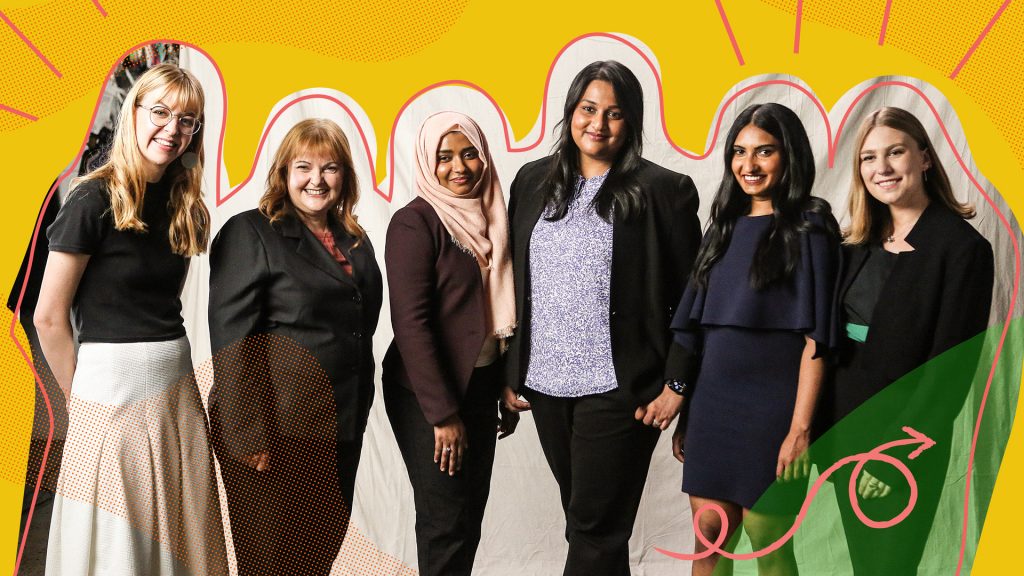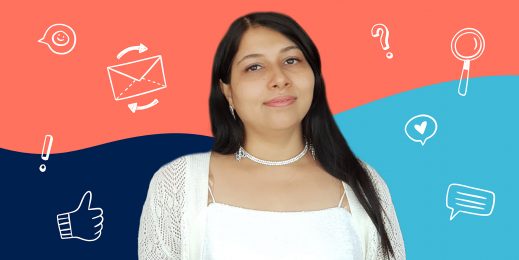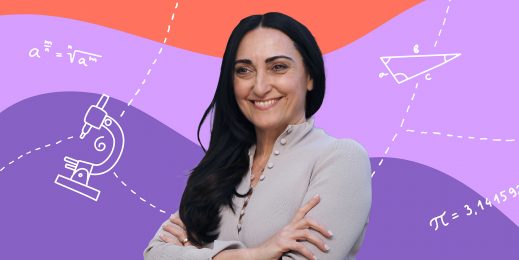
“When we are not limited, we all thrive”: Fitted for Work and Microsoft’s Digital Upskilling Initiative
It’s no secret that over the last three years, the COVID-19 pandemic has worsened gender inequality in employment. Women are losing more jobs than men, taking on more of the increase in unpaid work and receiving less government support than men – as the 2021 Grattan Institute report revealed.
Women also find it tougher to find employment than men. However, when women do, it’s often in comparatively lower-paying jobs in difficult work environments.
In Australia, where women represent 50.4 percent of the total population, this has had major economic implications.
“I come from a country where spending money on a girl’s education is considered an expenditure instead of an investment. So, to me, helping women gain financial independence is important because then they’ll be able to do what they want in life,” says Farah Imtiaz, a Client Referral Officer at ‘Fitted For Work’, an Australian organisation that works to empower women, gender diverse and non-binary jobseekers with practical skills and knowledge for them to advance their career.
Farah is also one of many women who are honing their digital technology skills to explore a tech career pathway through an innovative collaboration between ‘Fitted For Work’s Emerge program and Microsoft.
The partnership, supported by Microsoft Philanthropies, helps women gain confidence to start their digital learning journey and develop the skills and tools they need to thrive in a digital economy. Women coming through ‘Fitted for Work’ services have access to Microsoft Upskilling courses, as well as training and career coaching, to prepare them for a more digital economy. The self-paced step-by-step tutorials, include everything from computer basics and an introduction to Microsoft Office 365, to gaining digital fluency across key programs such as Outlook, Word, PowerPoint and Excel.
“Through the Microsoft Digital Upskilling initiative, I was able to learn the fundamentals, and connect and learn data and information.
It gave me that extra bit of confidence I need to start a career in digital and technology.
‘Fitted For Work’ Managing Director Donna De Zwart says the Digital Upskilling Initiative aims to reach more than 2000 women.
“The digital upskilling and learning pathways offered cover a broad range of skills, from entry-level digital literacy to advanced product-based education for technical roles,” explains Donna. “Combining ‘Fitted for Work’s 17 years of experience with Microsoft’s industry-leading Digital Upskilling Initiatives, we have created a safe and trusting environment where women feel supported to learn, upskill and explore new career opportunities.”
‘Fitted for Work’ also has a social enterprise recruitment solution called She Works, which offers a diverse and trained talent pool. She Works helps candidates develop sought-after skills to thrive in their careers.
Rosetta Presti, one of many women who lost their jobs during the pandemic, came to ‘Fitted For Work’ in 2020.
“Being an older woman over 50 and, during COVID-19, I lost my job. I just came across ‘Fitted For Work’ and my experience with them has been quite remarkable,” she says. “They’ve been very helpful with me from the first day I called them. They’ve made me feel comfortable. I’ve built my self-esteem, my motivation.”
Rosetta also completed Microsoft’s Digital Upskilling Program.
“Their Microsoft partnership opened up a new learning tool for me because it gave me the opportunity to learn new skills,” she says. “I love investing time in learning.”
This collaboration is a crucial step in addressing not just the gender employment disparity, but also the skills gap and the consequent underrepresentation of women in Australia’s technology sector. According to the Australian Computer Society Australia’s Digital Pulse 2021 report, in 2020, women made up just 29 per cent of the technology workforce, with digital skills identified as one of the four largest skill gaps in the country.
“Over the past few years, you can see drastic improvement in STEM [Science, Technology, Engineering and Mathematics] graduates coming into the workforce,” says Siti Hawa Evans, a Customer Success Account Manager at Microsoft.
The ‘Fitted For Work’ and Microsoft partnership is an excellent pathway program for women who want to embark [upon] their journey in tech. And I think it’s a great collaboration because you’ll encourage more women to look at different things, to come in on the journey and become more technical.
Pasangi Wickramarachchi, a Data Insights Specialist at Microsoft, agrees, “Being a woman in technology makes me feel motivated and inspired. It is well known that there are considerably less females in tech, I’m hoping that’s something that will change.”








